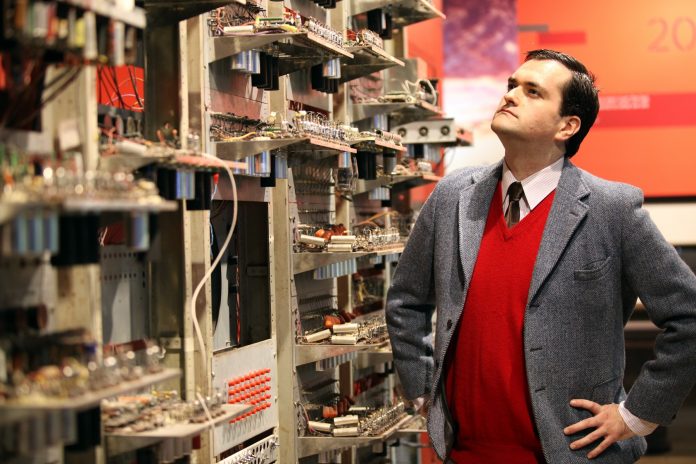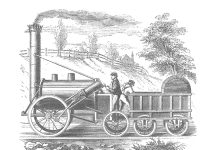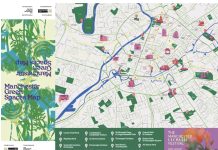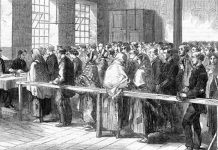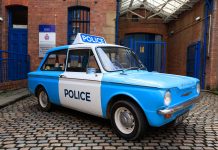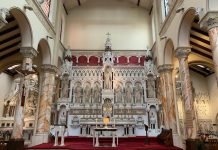At eleven o’clock on June 21, 1948, the world changed – for the modern computer age was born in Manchester.
On that ground-breaking day, the Small Scale Experimental Machine, or Baby, became the first computer to run a stored programme. 52 minutes later, history had been made.
This month, the Manchester Literary and Philosophical Society invite visitors to revisit the beginnings of the computer age by attending their 2018 Manchester Lecture at the Museum of Science and Industry, home of the world’s only working replica of the Baby computer.
Among the special guests who have been invited to the celebrations on is 90-year-old Prof David “Dai” Edwards – then a young scientist who was part of the pioneering team behind the world’s first stored programme computer. Prof Edwards worked on Baby as it was expanded into the Manchester Mark 1, which led the way to the world’s first commercially available general-purpose computer.
The Manchester Lecture is part of a special evening of celebrations on June 21, which starts at 6pm. After a chance to see Baby working attendees will be welcomed by the President of the Manchester Literary and Philosophical Society, Dr Diana Leitch MBE, who will invite Dame Mary Archer DBE, Chair of the Science Museum Group to give a short talk entitled: From Babbage to the Baby: the Science Museum Group’s Computer Collection.
Dr James Sumner, Lecturer in the History of Technology at the University of Manchester will then deliver a talk on Bringing up Baby: Establishing and Promoting Computers in Manchester, running through the history of Baby from the principle that inspired its building to the computers that would succeeded it.
Visitors will also be able to see a new acquisition for the first time, as a piece of test equipment for Baby – a capacitor – is handed over by Peter, the son of one of Baby’s builders, Geoff Tootill, who worked on the project with Tom Kilburn and Frederic C Williams.
Baby was the first computer ever to run a stored programme. It completed its task in 52 minutes, having run through 3.5 million calculations in order to get to the correct answer. Without this ground-breaking work, the developments that led to all modern computing would have been impossible.
Baby’s designer was Sir Freddie Williams, who was born in Stockport. With war time colleagues, Tom Kilburn and Geoff Tootill, Williams moved from perfecting radar to work on the concept that computers could be made to remember a program. This concept was successfully proven on 21 June 1948.
The basic principles used in today’s computer memory can be traced back to Baby.
Now members of the public have the opportunity to learn about the history of this revolutionary machine which is part of the distinguished scientific and technological innovations of Manchester, and see it working.
Tickets for the event are free. For more information, and to book, visit the Manchester Literary and Philosophical Society website at www.manlitphil.ac.uk.

